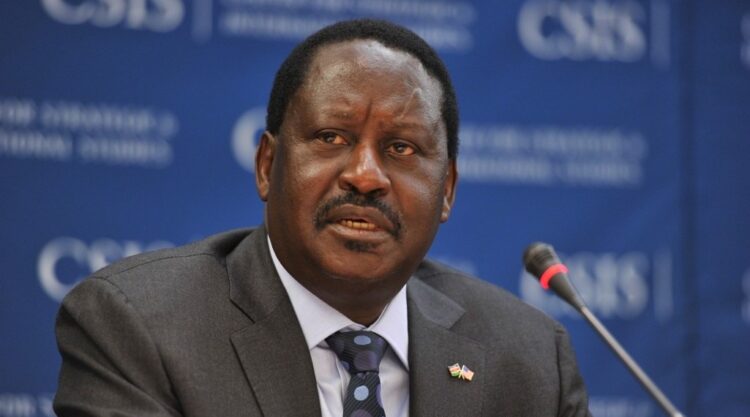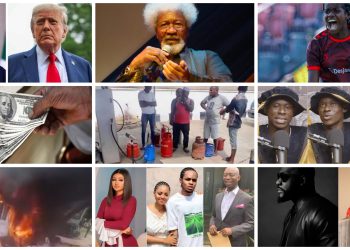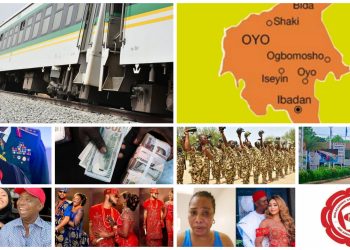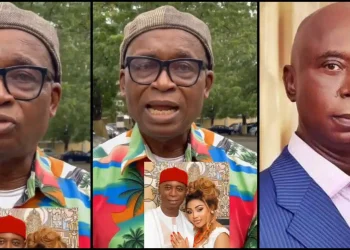Presidential demeanour has directed Kenya through strategic diplomatic engagement to support former Prime Minister Raila Odinga’s candidacy for the African Union Commission (AUC) chairmanship position which will be decided on Saturday, February 15, 2025.
This strategy emerged after the Southern African Development Community (SADC) Secretariat supported the candidacy of Richard James Randriamandrato from Madagascar thus creating new obstacles for Odinga’s campaign.
The President of Kenya Ruto joined forces with Prime Cabinet Secretary Musalia Mudavadi and Mr. Odinga to participate in important meetings during the AU Summit in Addis Ababa.
Key African leaders Bassirou Diomaye Faye of Senegal and Alassane Ouattara of Côte d’Ivoire joined Abdelmadjid Tebboune of Algeria and Hakainde Hichilema of Zambia as well as meeting with Addis Ababa-based Prime Minister Abiy Ahmed of Ethiopia in these important discussions. The main purpose of these meetings is to accumulate backing for Odinga’s political bid since other regional alliances form.
The SADC latest endorsement of Randriamandrato demonstrates how regional powers shape the upcoming election process. Following this endorsement Kenya strengthened its diplomatic activities with both Francophone and Anglophone countries to form a wide international coalition backing Odinga.
The Foreign Affairs Principal Secretary Korir Sing’oei leads active diplomatic efforts to stress continental unity and strategic partnerships throughout Africa.
The support base for Odinga consists of his followers who conduct prayer and fasting sessions in Addis Ababa to show their backing. Members of Odinga’s supporter base gather because they believe intensely in his plan for the African Union together with their wish for leadership change at the continental level.
The election outcome remains unclear because regional support and diplomatic negotiations have become central elements in the upcoming vote. Kenya demonstrates strong dedication to AUC chairmanship because it recognizes the leadership’s crucial role in shaping Africa’s path toward the future vision of the nation.
AU member states will decide on the next chairperson who will lead the organization toward dealing with critical continental issues in the coming years. Regional interests partnered with diplomatic partnerships and individual leadership characteristics will establish the path the African Union follows throughout the next years of operation.
All of Africa continues to expect election outcomes because strategic partnership together with visionary leadership and unity stands essential for advancing the continent’s shared international goals.






